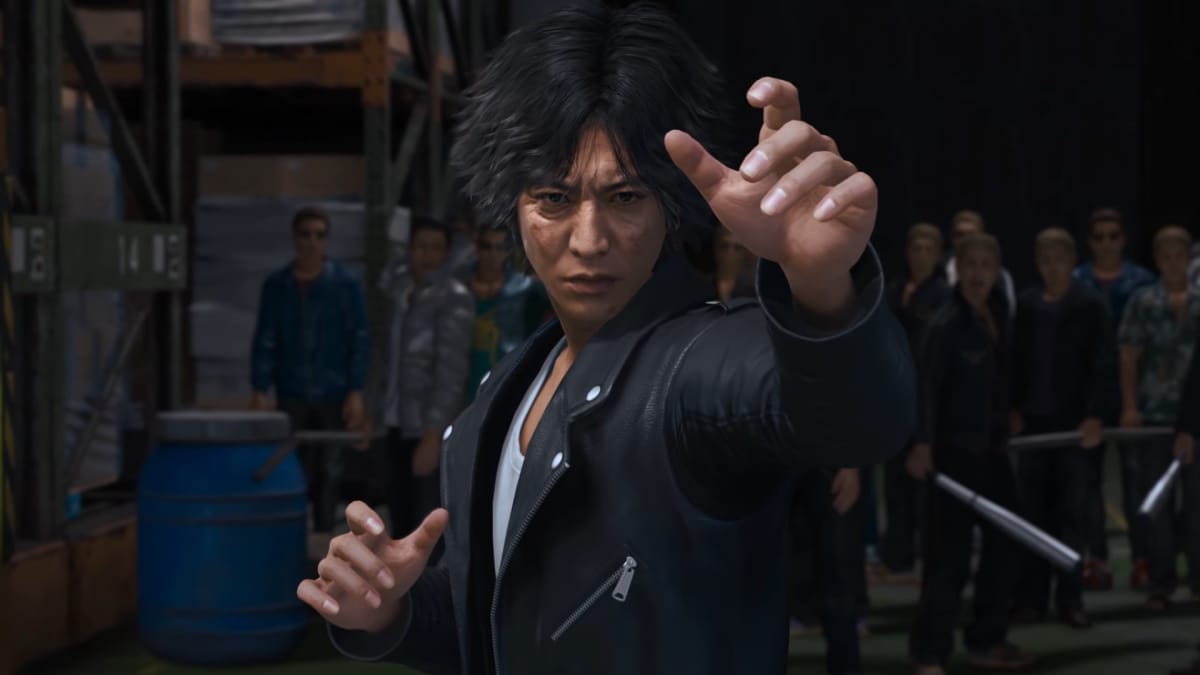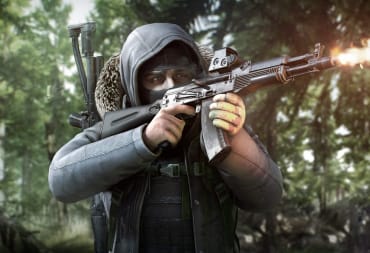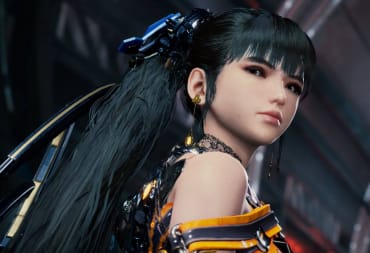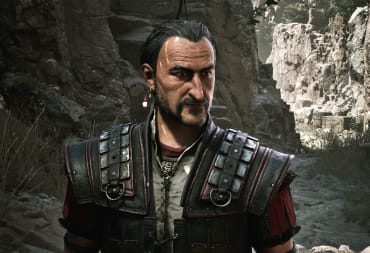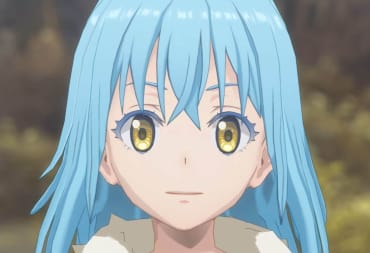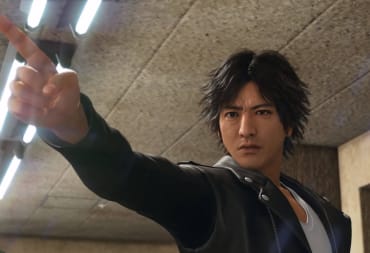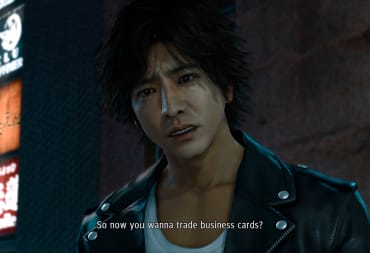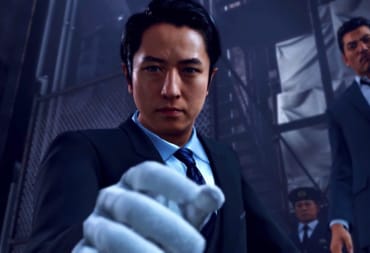Rumors have been spreading that, due to some really draconian policies from a Japanese talent agency, that Sega may discontinue Yakuza spin-off series Judgment after the release of just its second title in September. To be blunt, this sucks for a multitude of reasons, and not just from the immediately obvious ones regarding certain companies stuck in the past. Judgment is the sister series that Yakuza needs, and the many ways the two complement one another must be recognized, if only to highlight the tragedy of what will be lost if one of them stops.
Spoiler alert: This post contains light spoilers for the plot of Judgment and the mainline Yakuza series.
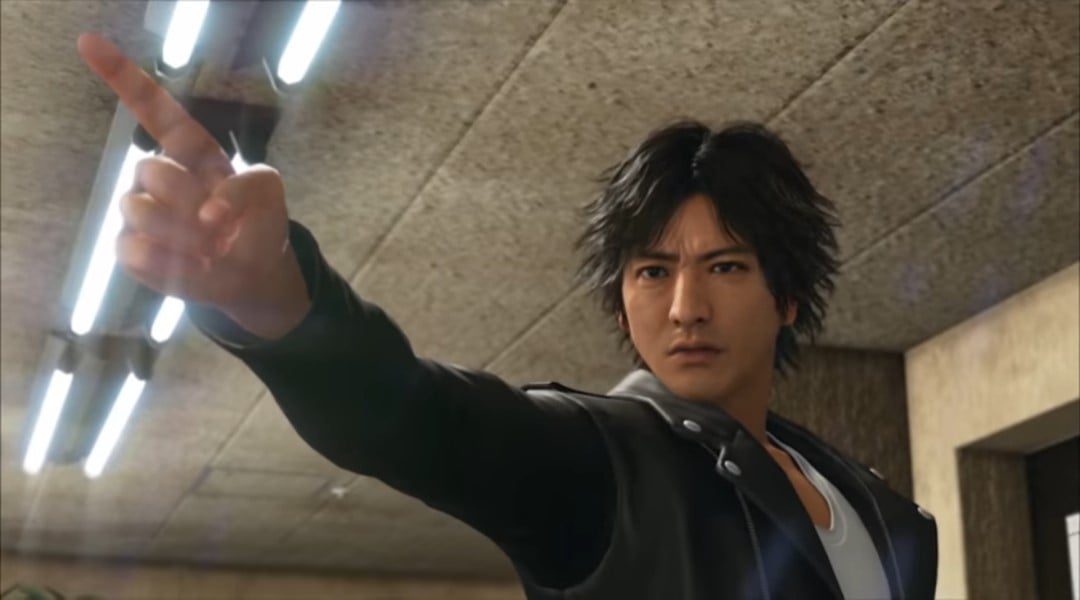
Yakuza and Judgment: Two Different Sides of the Law
First, we need to put into context just how far the Yakuza series has come. Infamously, series producer Toshihiro Nagoshi had to fight tooth and nail to get the first Yakuza game produced since it was aiming for a very specific audience of Japanese adult males with its mix of gritty crime drama, exploration of male relationships, and the complex morality of a story focusing on organized crime but through a protagonist with a relatable moral code. On top of that, there were accusations that it was promoting or even glorifying a part of Japanese city life, making it an even bigger risk. It wasn't until footage of the game was snuck into a presentation that one of Sega's producers backed the project back in 2005. It went on to be a commercial success and earn critical acclaim in Japan. It wasn't until 2015 that the series caught on in the West with the prequel, Yakuza 0, by which point five main installments have been produced.
I bring all of this up because it shows that the Yakuza series has developed a formula that works. Complex protagonists deeply embroiled in societies where violence and intimidation are common. The majority of the stories take place in the fictional Japanese district of Kamurocho which is consistently used as a backdrop with reoccurring locations alongside architectural changes big and small. Major conspiracies involving large crime families unravel, often involving large sums of cash or assassinations. Finally, there is a large mix of interesting side stories and optional distractions to help make the world feel imaginative and tactile while still operating within a heightened reality.
To use a broad TV comparison, Yakuza brought the language and structure of series like The Sopranos and Breaking Bad to their series. The scale is mostly small, only going big when it needs to, and the focus is on a cast that do morally reprehensible things but in deeply compelling ways. This is felt all the way from the supporting cast's shifting status quos and the constant reinforcement of Kamurocho being this seedy underbelly of criminality that operates by its own rules.
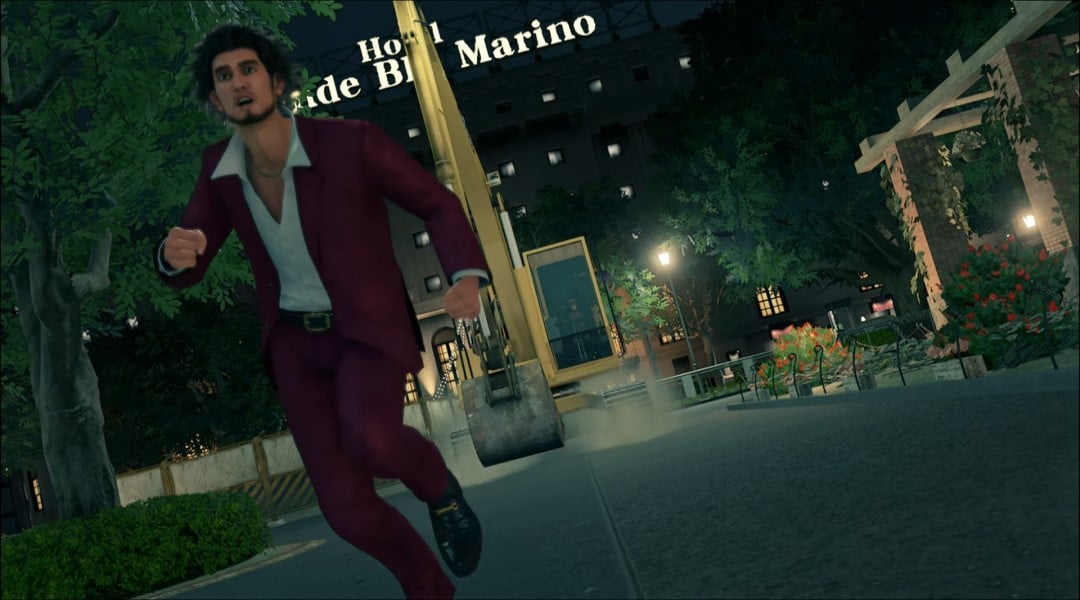
But even while this formula works, this is still one small part of the stories that can be told within this universe; you can't keep going back to the same well over and over. This is especially felt with the release of Yakuza: Like a Dragon, which brought in a brand new main cast of characters and changed the core gameplay from kinetic third-person brawling to a turn-based JRPG just to keep the series interesting. This isn't a condemnation of the direction the series is going — any game that makes a monkey operating a crane into a boss fight is doing something right — but it can run the risk of diminishing returns. Continuing the TV comparison, where's Kamurocho's version of The Shield or True Detective?
Enter 2018's Judgment, Nagoshi's concerted effort to tell a detective murder mystery in the world of Yakuza. From the minute the game begins, the declaration of intent is very clear: take the main series' established formula and invert it. The main protagonist is an ex-lawyer turned freelance detective. The central narrative involves the victims of a serial killer. The crime families of Kamurocho are involved, but the supporting cast are made up of colleagues in a legal firm, masked vigilantes, and morally flexible cops willing to disclose classified information. This hero can't just fight his way to the solution, but must investigate crime scenes, gather evidence, tail people, and interrogate people of interest to figure things out.
Judgment and Yakuza are not arguments against one another; they are dialogues happening from their own perspectives.
This even continues into the overarching themes and social commentary both series express. While the Yakuza series doesn't hide that their major players are all criminals, they're always framed as sympathetic or at least humanized by events out of their control. This series contains one of the earliest commentaries on the global ramifications of the Great Recession in the 2000s and how it ties into several characters' backstories for why they turned to crime for example. People don't just arbitrarily decide to join this life. Yakuza not only gets that, but uses it to tell dark complex stories about these characters.
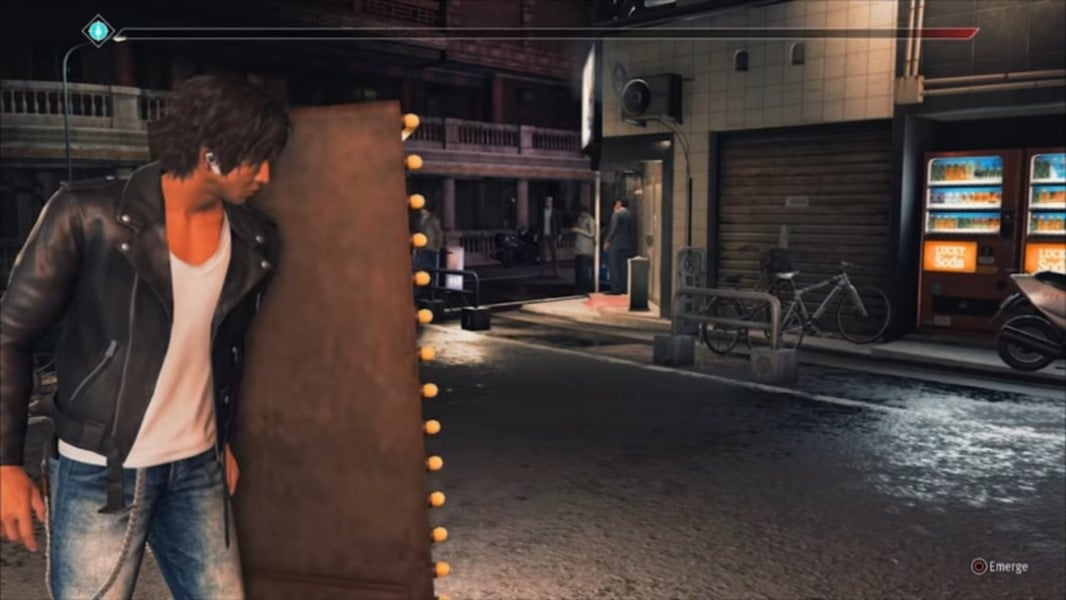
Judgment by contrast shows the dark side of good intentions. The protagonist is an ex-defense attorney in a country known for its “guilty until proven innocent” legal system, and he spends most the plot in a crisis of conscience when the alleged murderer he defends is caught later for additional crimes. This continues with support characters like a doctor who lost his license to practice still providing care for the homeless, or how the hero's law degree was paid partially by a yakuza clan. It shows how people in power are more than willing perform atrocities for a greater cause. This theme is heard the loudest when it's revealed that the massive criminal conspiracy the hero unravels is tied to Japanese government officials and pharmaceutical manufacturers trying to produce a miracle cure for Alzheimer's, a commentary that draws a lot more blood considering just how much dementia affects Japan's increasingly older population.
But while these two series could have easily contradicted one another into boring “both sides are bad” relativism, there is enough in common that keeps them in concert. There are still strong themes of bonding and friendship, and despite the focus being on two very different ways of life, the values the heroes embody of honor, loyalty, and kindness win out. Judgment and Yakuza are not arguments against one another; they are dialogues happening from their own perspectives.
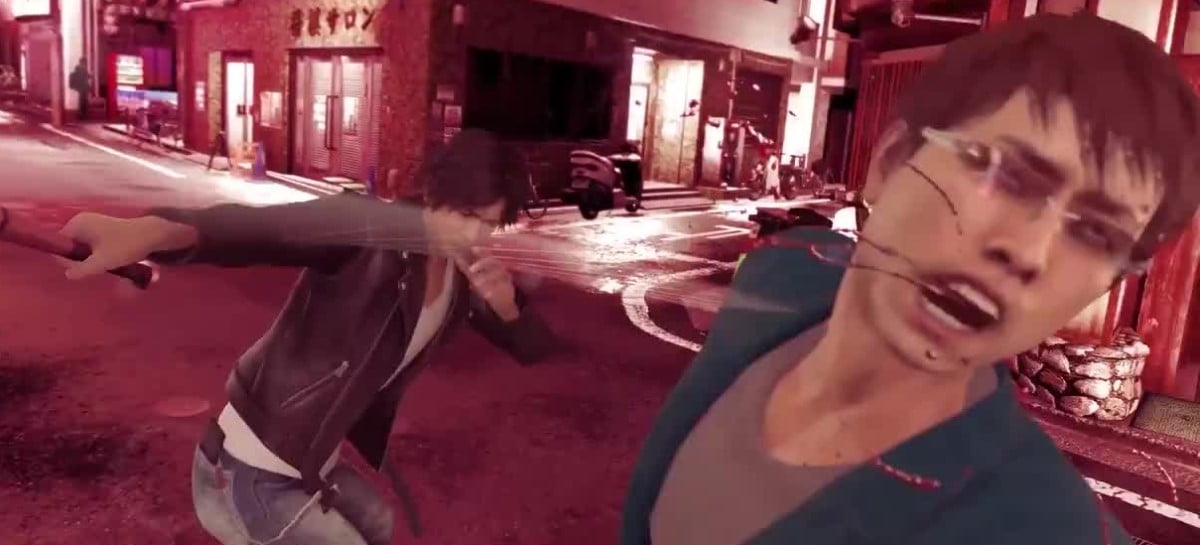
Judgment Carries On Yakuza's Roots
In fact, Judgment is actively carrying the torch that Yakuza left behind by keeping combat as a third-person brawler. It fits the Judgment series a bit more given the inherent fantasy protagonist Takayuki Yagami represents. It is very clear that Nagoshi loves noir detective stereotypes, and Yagami leans into it with gusto. He smokes, he drinks, he has vaguely poetic inner monologues, but he's not afraid to walk the mean streets of Kamurocho to get to the bottom of a case. Being a martial artist that goes seamlessly into drunken boxing after downing a bottle of Jim Beam or having a special attack bar go up after having a smoke makes a perfect fit.
Furthermore, the fact that Yagami doesn't stockpile weapons or firearms but relies completely on his martial arts skills and the environment around him leads to far more dynamic battles. It's the kind of “man versus the world” fantasy that works better as a single-player brawler than the group dynamic of a JRPG.
Once again, this is a slight shift from how the earlier Yakuza games handled its violence. Kazuma Kiryu earned his reputation and stature by being a thug that shrugs off stab wounds and gunshots mostly because that's just his nine-to-five; a hardened body courtesy of a hard-knock life. Yagami by comparison embodies the archetypal hard-boiled detective typified by author Raymond Chandler, that justice is something worth fighting for and the truth will win out, his endurance characterized more by his diehard attitude than physical endurance.
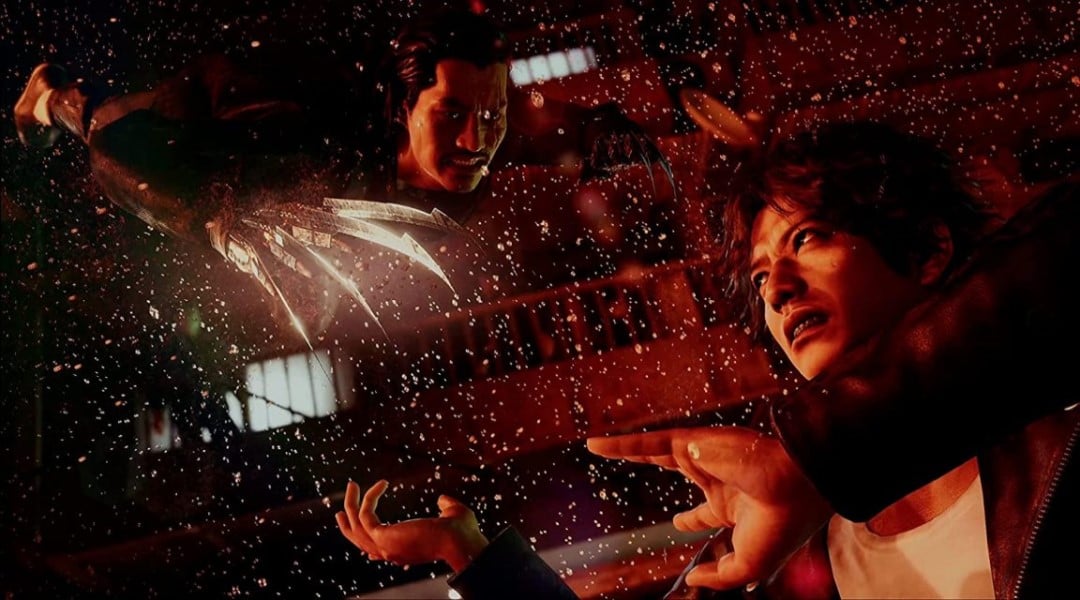
It helps add some much needed humanity to Yagami's struggle, something that makes the appearance of firearms in the story genuinely terrifying and packed with tension. By comparison, Kiryu was outrunning automatic machine gun fire from a helicopter and explosions before getting into a sword duel by the finale of his final game, just about shattering any suspension of disbelief that was left. The effect is even more dramatic with the JRPG direction of modern Yakuza, where the acceptance of ridiculousness is higher just by the very tropes it uses, like summoning help and super attacks.
Overall, Judgment is the other side of the coin the Yakuza franchise needs. It can tell stories and highlight characters that the main series just can't. The shifting of tone and adjusted floor for action can let the developers continue to explore and refine the third-person action that helped make them a household name. But above all, the core themes and underlying messages of both series complement each other in genuinely bold ways. It would be an absolute shame if the Judgment series were to end for such asinine reasons. If it does, I know that the Yakuza series will continue on, but something crucial will be missing from it going forward.
Have a tip, or want to point out something we missed? Leave a Comment or e-mail us at tips@techraptor.net
